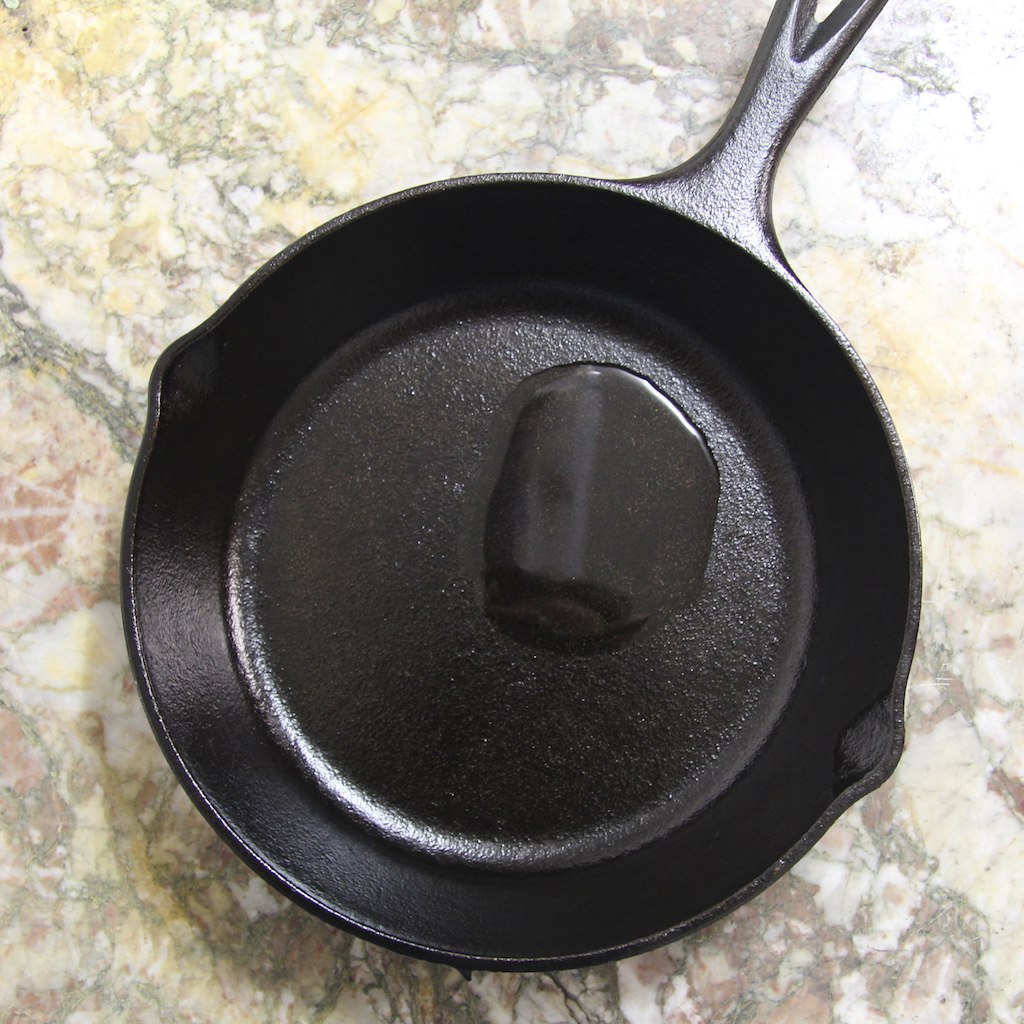Sesame oil has become a staple in kitchens around the world, renowned not only for its distinctive aroma but also for its numerous health benefits. However, one cannot help but ask why is sesame oil so expensive? If you've ever wondered why a small bottle of this golden elixir can come with a heftier price tag compared to other oils, you are not alone. In this comprehensive article, we explore the various factors contributing to the high cost of sesame oil.

The Origins of Sesame Oil
First, let's start with a bit of history. Sesame oil has been produced for thousands of years, tracing its origins back to ancient civilizations in Asia and Africa. The labor-intensive process of harvesting sesame seeds, coupled with the specialized techniques required to extract the oil, significantly adds to the cost. These traditional methods, though invaluable for maintaining the quality and flavor of the oil, are time-consuming and labor-intensive.
Labor Costs
The production of sesame oil involves multiple stages of meticulous manual labor. From the planting and harvesting of sesame seeds to their subsequent cleaning, drying, and pressing, every step demands both time and skilled labor. This human effort significantly contributes to the higher price tag.

Limited Growing Regions
Unlike some crops that can be grown in various climates and soils, sesame seeds have specific growing requirements. They thrive in well-drained sandy soils and require a warm climate, making certain regions particularly suited for their cultivation. The limited number of suitable growing areas contributes to the scarcity and, consequently, the price of sesame oil.
Climate Vulnerability
Sesame plants are particularly susceptible to adverse weather conditions. Factors such as unexpected rainfall, pests, and diseases can drastically affect the yield and quality of the seeds. Farmers often face uncertainties that can disrupt supply, further driving up costs.

Extraction Techniques
Modern extraction techniques have become more efficient over the years, yet traditional methods still hold their ground when it comes to producing high-quality sesame oil. The traditional cold-pressing method, which retains the oil's delicate flavor and nutritional value, is both time-consuming and costly.
Yield and Efficiency
From a given quantity of sesame seeds, the amount of oil that can be extracted is relatively low compared to other oilseeds. This low yield makes the oil more precious and, consequently, more expensive.

The Role of Middlemen
The journey of sesame oil from farm to table often involves multiple intermediaries, including local traders, processors, wholesalers, and retailers. Each player in this supply chain adds their margin to the cost, further inflating the final price for consumers.
Packaging and Branding
Packaging also plays a significant role in the overall cost of sesame oil. High-quality packaging that preserves the freshness and prevents contamination of the oil can be expensive. Moreover, premium brands often invest in organic certifications and other quality assurances, adding to the final price.
Sustainable and Ethical Farming Practices
In recent years, there has been a growing consumer demand for ethically sourced and sustainably produced products. Farmers and producers who adopt organic and fair-trade practices often incur higher costs, which are, in turn, reflected in the price.
Consumer Willingness to Pay
Finally, the price of sesame oil is also a function of market dynamics and consumer willingness to pay. Recognizing its unique flavor, health benefits, and culinary versatility, many consumers are willing to invest in high-quality sesame oil, even if it means paying a premium.
Conclusion
So, why is sesame oil so expensive? The answer lies in a combination of historical, agricultural, and economic factors. From labor-intensive production to limited growing regions and specialized extraction techniques, numerous elements contribute to the high cost of sesame oil. Despite the price, its distinctive flavor and health benefits make it a cherished ingredient in kitchens worldwide.
FAQs
Is sesame oil worth the price?
Many culinary professionals and health enthusiasts would argue that sesame oil is worth the investment due to its unique flavor profile and numerous health benefits, including its anti-inflammatory and antioxidant properties.
Can I use a cheaper alternative to sesame oil?
While there are other oils available, such as canola or sunflower oil, they may not provide the same rich flavor and nutritional benefits as sesame oil. It is often worth using sesame oil for specific recipes where its taste can be truly appreciated.
Where can I buy high-quality sesame oil?
You can purchase high-quality sesame oil from specialty food stores, organic markets, or reputable online retailers. Always check for certifications and read reviews to ensure you are getting a genuine product.
If you want to keep your kitchen spotless after cooking, check out this guide on cleaning a kitchen.
For more information on sesame oil and its culinary uses, you can visit Serious Eats.
As an Amazon Associate, I earn from qualifying purchases.






Leave a comment
This site is protected by hCaptcha and the hCaptcha Privacy Policy and Terms of Service apply.